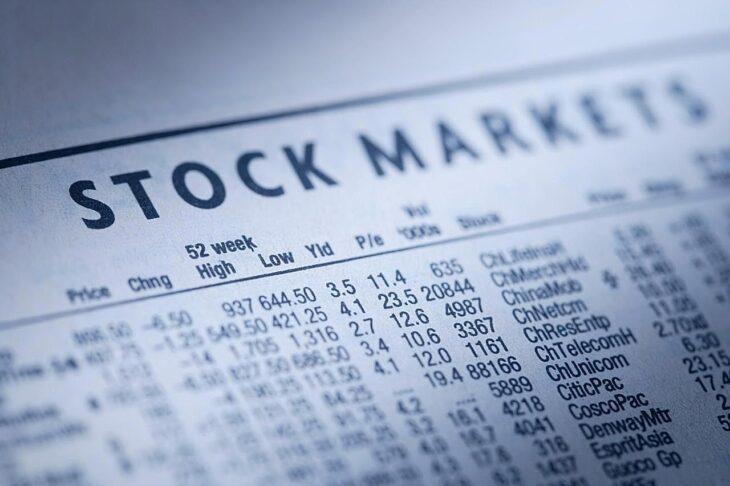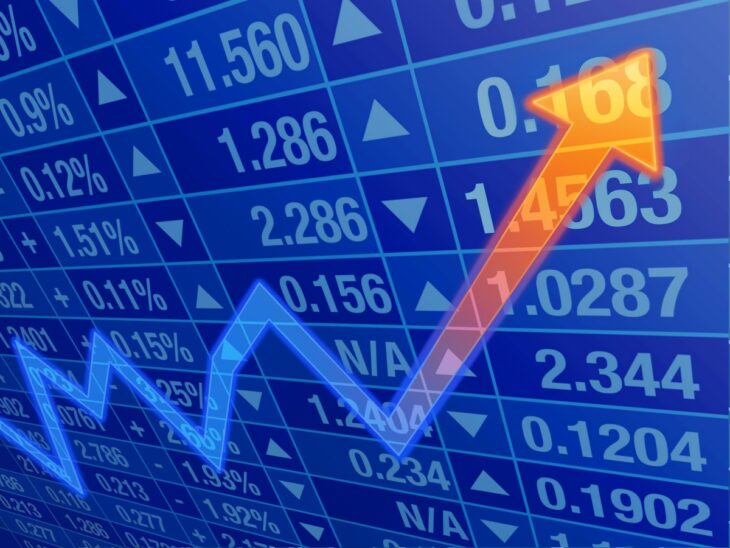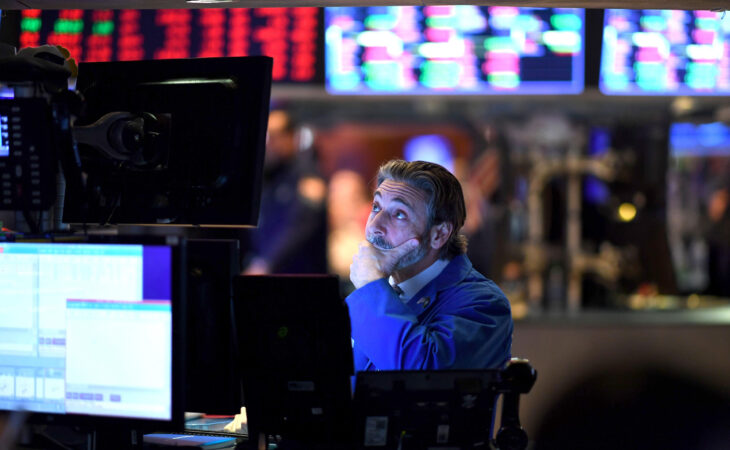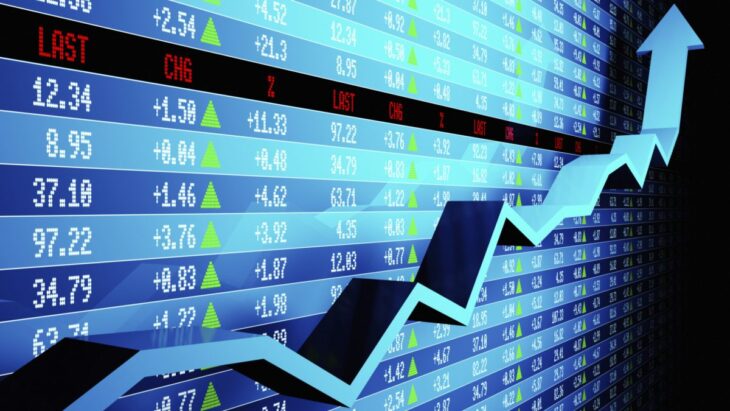It is almost impossible to talk about a country’s economy, the US to be more specific, and fail to mention the role played by the stock market. During this particular time, when the world economy is grappling with the effects of covid_19, a lot has changed in the stock market. The changes or disruptions in the stock market have always had positive and negative effects on the US economy.
Before you go through the effects of stock investing or market on the US economy, it is important to familiarize yourself with the stock market first. So, what is the stock market, and what role/s does it play in an economy?
Contents
Understanding the Stock Market

Source: trnove
Stock can be defined as a representation of a person’s ownership in a certain company. On the other hand, a stock market is a marketplace where persons with shares and those interested in acquiring them merge to trade or invest. So how does all this contribute to the economy?
This is what happens; when companies advertise that they are selling shares, most of them look forward to raising enough capital that can help them expand their businesses or pay debts. The trading which takes place at public exchanges is a contribution to economic growth. Should the stock price increase with time, it can be sold at a profit to buyers.
Talking of the effects of stock investing on the US economy, two terms are used to describe the stock market at its best and worst. There is a bull market, which defines a stock market that records impressive results, which in turn, grows the economy in terms of increased jobs, GDP growth, and a rise in stock prices, among other positive results.
Then comes the bear market, which is quite the opposite of the bull market. It defines an underperforming or generally bad economy, where stock prices fall, jobs become fewer, and anything else that is characterized by a failing economy.
In all things, before you plunge into the world of stock market trading, always try out simulated trading by opening a forex demo account (Resource: Admiral Markets).
Stock Investing Effects on the Economy

Source: stockmarketinvesting
Now that you have an idea of how stock trading works, it’s time to take a look at its effect, both negative and positive, on the US economy. A stock market can crush or build an economy. Generally, a rise or fall in stock investing, either way, has effects on the economy.
Below are some of those effects:
Consumer investment/wealth effect
According to Statista, a record 55% of Americans have invested in the stock market in 2024. As indicated earlier, a rise in stock prices builds a bull market. Since people’s confidence in such a time is increased, they tend to invest more and, at the same time, spend more.
The wealth effect comes in when 55% spend more on cars, houses, and other wealth-building assets. They spend on such and more because they have confidence that the bull market is going to stay like that. The spending habits, therefore, contribute to positive economic growth.
So what happens to the wealth effect or consumer investment in a bear market? You guessed, right. Consumers are thrown in a world of uncertainty as the investment value decreases as well as spending habits. Since people no longer invest or spend on products and services like before, the economy is affected negatively.

Source: dnaindia
Business investment
Besides consumer investment, business investment is another factor with a contribution to the US economy. Businesses invest more when market values are stable and high. They raise more capital during such times because people or investors are more inclined to buy shares when a market shows a lot of promise.
With more capital, businesses can hire more people and also expand their operations. Starting new projects is also another way of utilizing their capital. It is also at such times that mergers and acquisitions take place as companies take advantage of their stock value to purchase other firms. Depending on the size of the merger or acquisition it can have a huge impact on the economy. Big mergers include investment banks and other consultants that act as intermediaries in the process. This is just one of many functions of an investment bank as explained in this Wall Street Prep guide. All these business investments work for a greater cause in the growth of the economy.
Then enters a bear market with full effect, rendering a negative effect on the once stable and promising stock market. People no longer buy shares as they used to, so businesses cannot invest or raise more capital than they did before. Companies are faced with hard times since they cannot raise enough funds in the stock market to facilitate various income-generating projects as usual. This is reflected in the economy.

Source: NBC News
The bond market
The bond market acts as an escape for investors who can no longer flourish in a bear stock market. This means that when things are crumbling in the stock market’s world, the bond market is set to benefit greatly. Investing money in bonds turns out to be a noble idea since it promises great returns compared to the stock market, which is unstable at the time.
Effects on Pensions
Pension funds value stands to be affected should there be a fall or rise in stock prices. This is because a certain percentage of the pension funds are channeled in the stock market as investments. In a bull market, pensioners get a higher pensions income due to the increased value of pension funds. More income equals more spending and investing, a contribution to economic growth or gross domestic product to be more specific.
The opposite is true. A decrease in stock value reflects on the pension funds, and pensioners are subjected to low incomes. Such scenarios call for alternative ways of saving for retirement because there are times when the bear market seems to take an eternity to retreat.

Source: expatica
Conclusion
It is important to understand that several factors affect the US economy and that stock investing happens to be one of those main factors. Stocks demand and supply happens to be the only factor affecting stock markets.
It also helps diversify investments rather than focus or rely on just one market: the stock market. When you spread risks, you can always count on other investments if one or two of them don’t work out or meet your value returns expectations.
